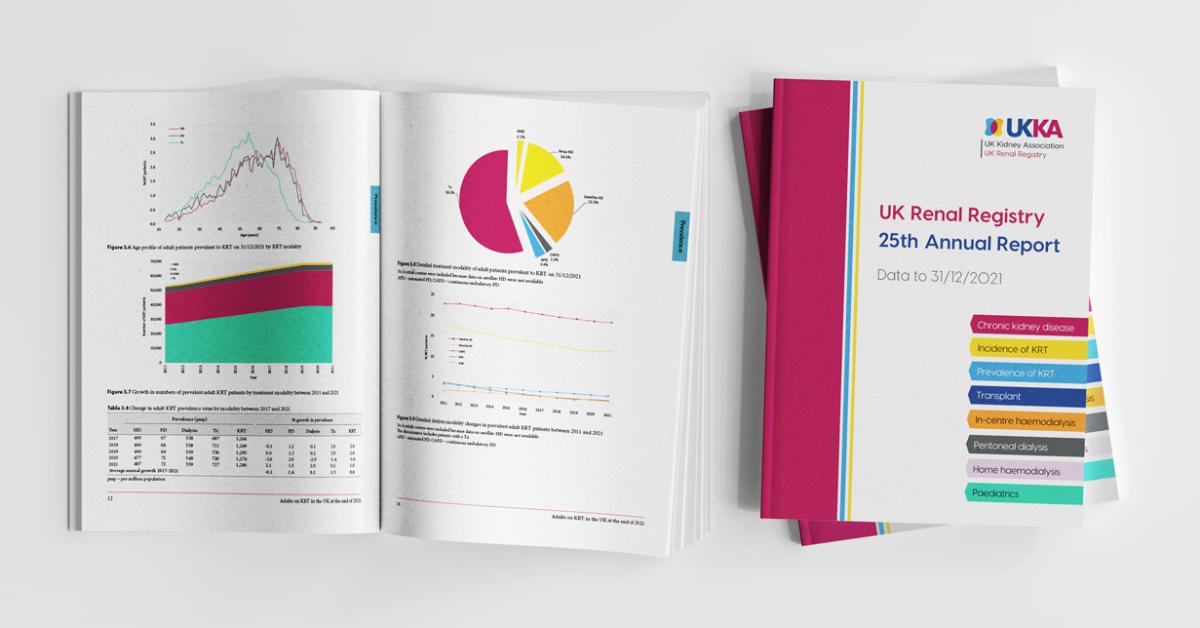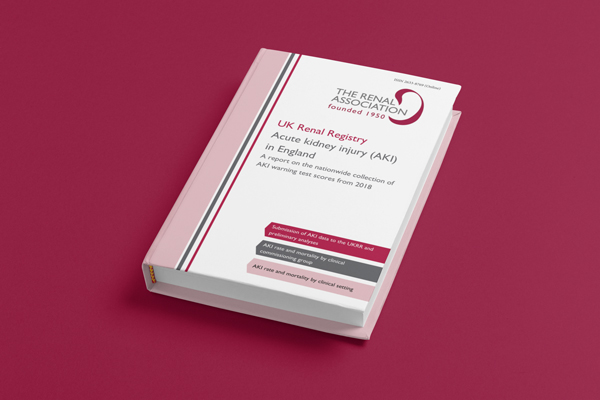- What is already known about this topic and why is it important?
From 9th March 2015, NHS England has required laboratories in England to run an algorithm (based on Kidney Diseases: Improving Global Outcomes definition and staging criteria) to detect cases of acute kidney injury, generate AKI alerts for clinical teams and submit data on all cases of AKI to the UK Renal Registry. How each laboratory has implemented this algorithm in its local laboratory information management system is unknown and to date no work has been undertaken to examine this. Since these alerts are being transmitted to clinicians caring for these patients and being used to compare AKI rates between clinical commissioning groups, it is important to ensure the algorithm is working accurately and consistently.
Furthermore, there is no universal consensus about which baseline creatinine used to generate alerts is most appropriate, even when known.
- How will you carry out your study?
1. The University of Bristol (UoB) team will develop code to identify cases of AKI using routine laboratory data – centrally derived AKI alerts. The alerts generated by individual laboratories and transmitted to the UKRR will be compared to these centrally derived AKI alerts. Agreement between alerts generated locally in laboratories and centrally using the UoB code will be quantified. Disagreements will be interrogated.
2. Creatinine values from different time points prior to the index AKI result will be used to determine the baseline time point that, when used to calculate the relative or absolute change in creatinine, is most strongly associated with the risk of developing chronic kidney disease and the risk of dying.
- How will you decide which patients are included in your study?
All laboratories transmitting alerts will be included from the date the algorithm was ‘live’ within that laboratory. Only alerts generated by individuals 18 years and older will be included as the definition of AKI in the paediatric population is complex and different to that in adults. The reference creatinine interval is also age specific. Patients on kidney replacement therapies will be excluded.
- How many patients do you anticipate including?
Approximately 2 million patients.
- For how long will you follow up these patients?
Creatinine values 15-months prior to and subsequent to the generated alert will be used for validation.
- What value will UKRR data add to the project?
The project relies entirely on UKRR data. This analysis will assist to improve the implementation of the NHS England alert algorithm. More broadly, this research will contribute to the applicant’s PhD project, of which also consists of ‘big data’ to describe the epidemiology of AKI in Cape Town, South Africa.
- What new information will your study generate and how will this benefit patients?
Examining the implementation of the AKI algorithm in different laboratories will allow comparisons of AKI rates between health geographies to be more reliably compared.
Improving the algorithm and its implementation will benefit patients by better identifying AKI since the alert is also transmitted to clinicians looking after these patients.



